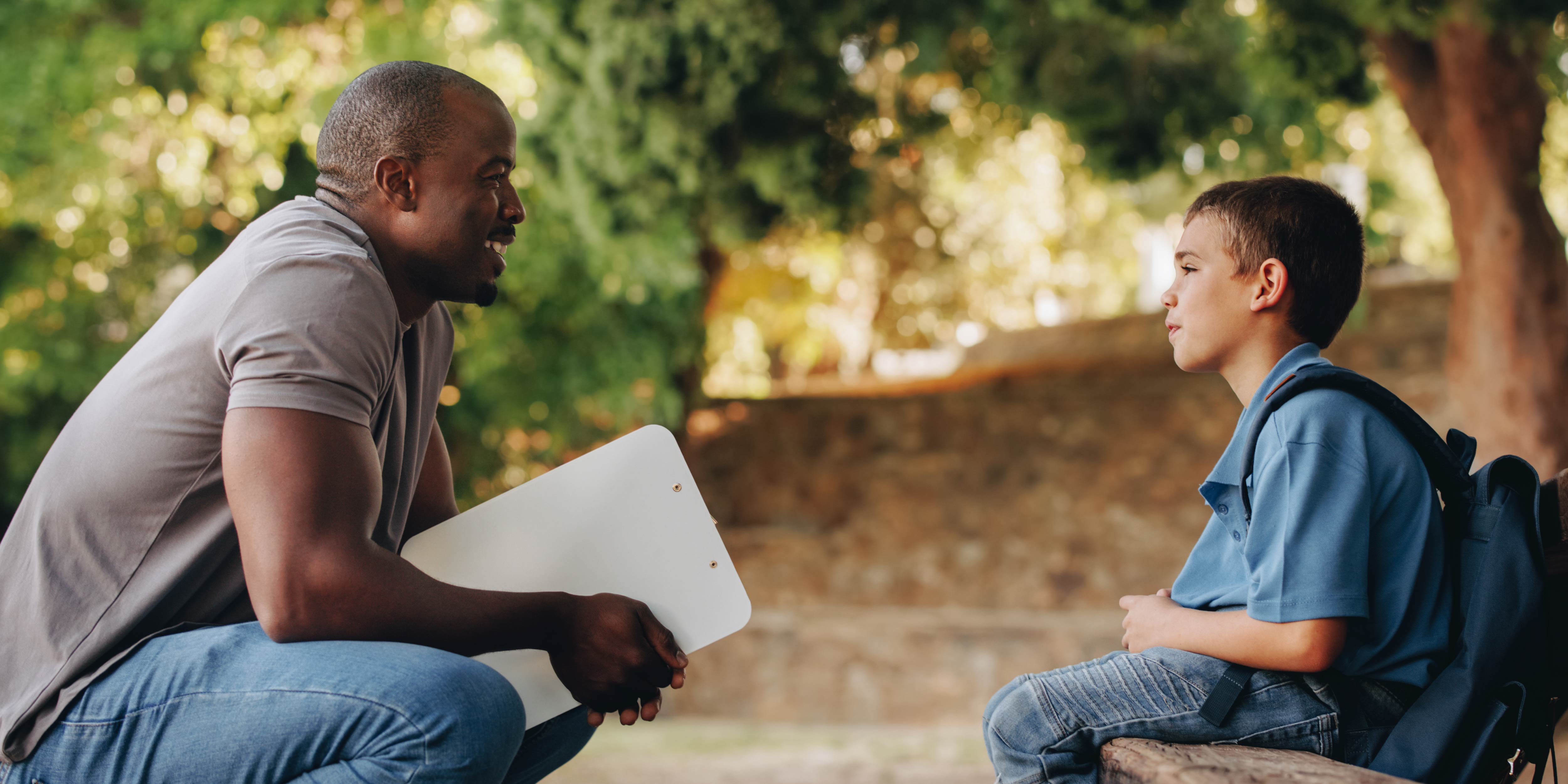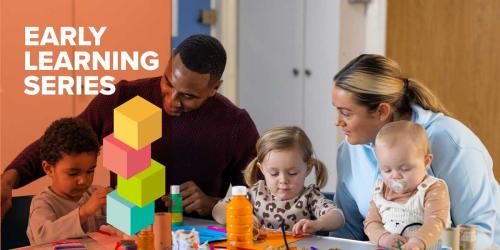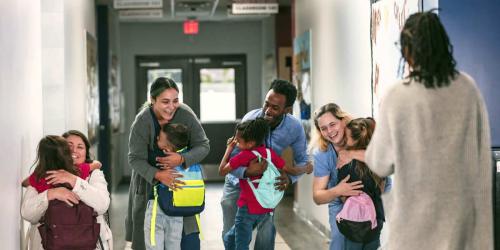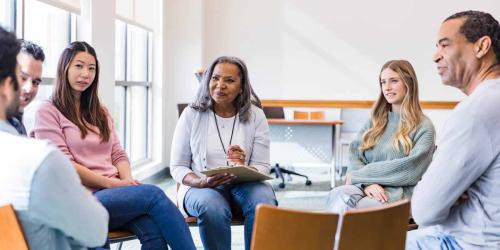Structure and Clear Limits: Strategies for Creating a Safe and Productive Learning Environment

At a minimum, afterschool programs should create a safe space for youth and give them something to do. There’s a relatively simple way for them to make a bigger impact, though: Teach students important life skills by providing structure and boundaries.
Doing so can help young people learn more effectively, develop a strong sense of belonging and become more empowered—and it doesn’t take much extra time or effort.
“Structure and Clear Limits,” a popular workshop provided by the Institute for Youth Success at Education Northwest, provides helpful information about creating a safe and productive learning environment for students. (The workshop was originally developed by the David P. Weikart Center for Youth Program Quality.)
Here are some important things for educators to keep in mind:
Structure and Routine are Good for All Young People
When young people have experienced trauma, their brains are often set for fight or flight—and to help ease students’ worries about the unexpected, you should clearly communicate your expectations and tell students what is coming next. One easy way is to keep an agenda on the wall that shows the plan for the day. This strategy supports transitions and helps youth feel control over their environment, which is important for all students, especially those who have experienced trauma.
Check-ins and Reflections Build a Sense of Belonging
Establishing structure and routine doesn’t take much time—and it’s time well spent. For example, checking in with every student at the start of a class or program and/or asking students to reflect on what they learned before they leave help meet students’ need to be heard and understood. Creating a time for students to share a couple of sentences about their day also allows them to practice empathy and builds emotional safety, as well as sense of belonging. In addition, starting off with check-ins can result in more positive and productive behavior throughout the day, and ending with reflections can help young people process what they’ve learned and consider the impacts of that learning.
It’s important to remember that check-ins and reflections can be helpful after the beginning of the year (when they are most commonly used). Consider the purpose they can play at various points throughout the year. How do group roles change and youth voice deepen as a result of continued growth and support in this area?
Make Sure Adults Provide Consistent Boundaries
Establishing clear boundaries is an important aspect of dealing with negative behaviors that often occur when students are moving from one setting to another. However, it’s just as important to make sure all the adults in the school or program handle boundaries and rules in the same way.
This requires communication to ensure everyone is on the same page and using a similar system or framework, such as collaborative problem-solving or conflict-resolution principles. Remember: When students hear consistent messages about boundaries and rules from adults, it can help them feel safe and less anxious (which can be especially helpful for youth who have experienced trauma).
Use Structure and Limits to Empower Youth
Consider the students in your school or program who have strong voices. Could they be given leadership roles that would empower all students? One idea is to train youth to be peer mediators using the collaborative problem-solving framework or other conflict-resolution principles adults would use. Doing so provides young people with more roles to play—and more opportunities for their voices to be heard.
Interested in learning more or in setting up a workshop for your program? “Structure and Clear Limits” is one of the workshops the Institute for Youth Success (IYS) at Education Northwest delivers to youth workers and volunteers across Oregon. The workshop is part of the Youth Work Methods Trainings series and draws from materials created by the David P. Weikart Center for Youth Program Quality.
In collaboration with Education Northwest Researcher Julie Petrokubi, IYS also helps organizations learn how to build and sustain organizational systems that support youth-adult partnerships.



